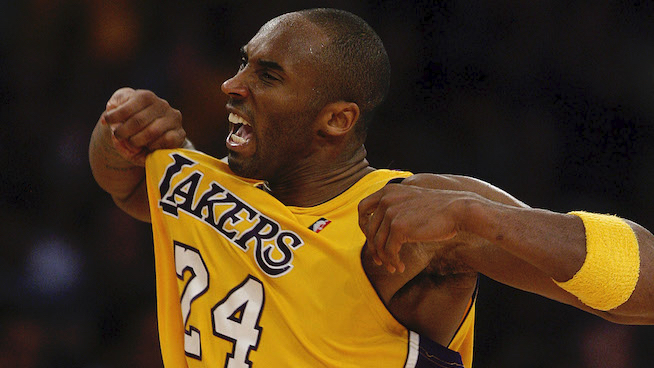How Coaches Build Team Trust
Trust is the quintessential building block for any friendship, relationship or partnership.
However, trust cannot be built through technological communication or social media. Text messaging, email and Facebook have replaced one-on-one conversations. The old adage, “I give you my word,” relates more to font type and formatting than to verbal commitment. The bottom line is trust must be built through personal conversations.
When an individual makes the decision to be a coach, he or she needs to be committed to putting players and team first. A coach’s main goal should always be to provide the athletes with the best experience possible. Almost immediately, athletes and parents can tell whether a coach has a selfish agenda and is just “doing it for the paycheck.” This initial impression will either stimulate or stalemate the development of team trust. (Read In Coaches We Trust?)
You can tell if a coach is putting you first as a player through communication. When you speak with your coach, does the coach:
- Communicate with you in a consistent and positive fashion? Or is s/he standoffish and tight-lipped with few words?
- Present quality information to you? Does it seem like the coach put forth serious effort, or is the information skimpy, confusing and delivered unprofessionally?
- Take a personal interest in you? For example, does your coach regularly ask you about your academic progress, your family and friends? Does s/he attempt to provide opportunities for community service or social gatherings?
- Set a good example in terms of punctuality, healthy lifestyle, effort, and positive representation of the program?
- Set clear boundaries? A coach is also a teacher. The greatest teachers command respect while simultaneously being approachable, caring and friendly.
- Clearly communicate the rationale and reason behind his/her expectations? Success is difficult when a teacher’s response is always, “Because I said so.”
Another important aspect, which people often overlook, is a coach’s relationship with former players. Are alumni excited to come back to visit the coach and get involved with the program? If so, it speaks to the positive impact the coach had on their lives.
Leaders must establish legitimacy for themselves. This comes through clear communication, explanation of the rationale (having a vision) and following through with the details of that vision. (See also Understanding Coach-to-Player (and Player-to-Coach) Roles and Relationships.)
In summary, a good coach
- Puts players and team first
- Establishes policies and sets boundaries based on mutual respect and professionalism
- Communicates his or her vision for the team clearly and consistently
- Is tough but fair
RECOMMENDED FOR YOU
MOST POPULAR
How Coaches Build Team Trust
Trust is the quintessential building block for any friendship, relationship or partnership.
However, trust cannot be built through technological communication or social media. Text messaging, email and Facebook have replaced one-on-one conversations. The old adage, “I give you my word,” relates more to font type and formatting than to verbal commitment. The bottom line is trust must be built through personal conversations.
When an individual makes the decision to be a coach, he or she needs to be committed to putting players and team first. A coach’s main goal should always be to provide the athletes with the best experience possible. Almost immediately, athletes and parents can tell whether a coach has a selfish agenda and is just “doing it for the paycheck.” This initial impression will either stimulate or stalemate the development of team trust. (Read In Coaches We Trust?)
You can tell if a coach is putting you first as a player through communication. When you speak with your coach, does the coach:
- Communicate with you in a consistent and positive fashion? Or is s/he standoffish and tight-lipped with few words?
- Present quality information to you? Does it seem like the coach put forth serious effort, or is the information skimpy, confusing and delivered unprofessionally?
- Take a personal interest in you? For example, does your coach regularly ask you about your academic progress, your family and friends? Does s/he attempt to provide opportunities for community service or social gatherings?
- Set a good example in terms of punctuality, healthy lifestyle, effort, and positive representation of the program?
- Set clear boundaries? A coach is also a teacher. The greatest teachers command respect while simultaneously being approachable, caring and friendly.
- Clearly communicate the rationale and reason behind his/her expectations? Success is difficult when a teacher’s response is always, “Because I said so.”
Another important aspect, which people often overlook, is a coach’s relationship with former players. Are alumni excited to come back to visit the coach and get involved with the program? If so, it speaks to the positive impact the coach had on their lives.
Leaders must establish legitimacy for themselves. This comes through clear communication, explanation of the rationale (having a vision) and following through with the details of that vision. (See also Understanding Coach-to-Player (and Player-to-Coach) Roles and Relationships.)
In summary, a good coach
- Puts players and team first
- Establishes policies and sets boundaries based on mutual respect and professionalism
- Communicates his or her vision for the team clearly and consistently
- Is tough but fair












